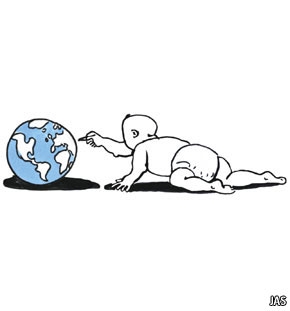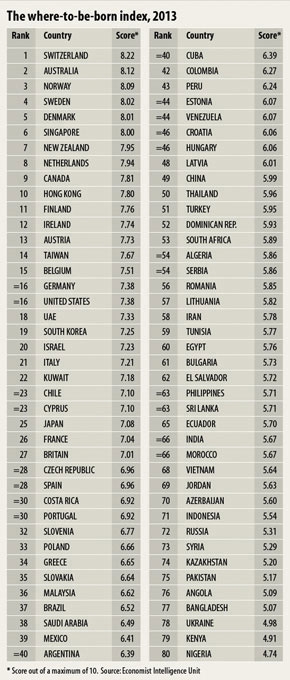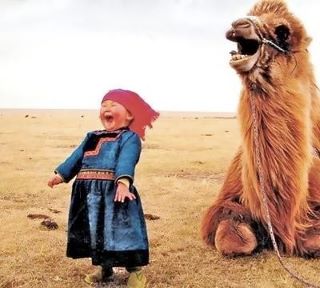Dear fellow human beings,
Today, we must gather our will and strength to reflect upon the state of our world and our shared future, as well as the importance of embracing change. We are at a crucial moment in history where our choices and actions will shape the world we face as well the one we leave behind. Therefore, we the young people of Earth appeal to all of you to strive together for change and a better world.
Some fundamental pillars for our survival are as listed below:
Peace that is a universal right that we all need. Peace represents a world where conflicts and violence are replaced by dialogue and cooperation. Today, more than ever, we must work to resolve conflicts peacefully and avoid being gripped and controlled by hatred and vilence. By promoting peace, we can achieve stability and thriving communities.
Tolerance is the key to harmony and coexistence. We must accept differences, respect each other's opinions and backgrounds. By being tolerant, we can create inclusive societies where everyone feels safe, welcome and valued.
Sustainability is crucial to protect our planet and secure a viable future. We must take responsibility for our actions and strive to reduce our impact on the environment. By living sustainably, we can ensure that future generations also get to enjoy the planet's resources and beauty.
Prosperity is not just about material wealth but also about health, happiness, and well-being for all. We must create economic systems and communities where every individual has the opportunity to thrive and achieve their full potential.
Human rights are fundamental and indivisible. We must work for justice, equality, and respect for the dignity of every person. By defending human rights, we can create a world where no one is subjected to violence, oppression, or discrimination.
Innovation and education are keys to progress and development. We must encourage and support creativity, curiosity, and knowledge to solve the challenges we face. By embracing innovation and investing in education, we can shape a brighter future for all of us.
Solidarity and diversity are strong building blocks for a fair and inclusive society. We must stand together, regardless of gender, age, ethnicity, or religion, and support each other in our endeavors. By embracing diversity and showing solidarity, we can create a stronger and more harmonious community.
Respect is the foundation for good relationships and a peaceful society. We must show respect for the rights, opinions, and feelings of every person. By cultivating a culture of respect, we can build bridges and promote understanding.
Courage is essential to combat injustices and counter what is wrong. It is about daring to stand up for what is right, even when it is difficult. We must bravely challenge oppression, inequalities, and abuses wherever they occur. By showing courage, we can create a safer and more just world for everyone.
Animal rights and eco-rights are also part of our moral duty towards other living beings and our environment. We must treat animals with dignity and respect . We also need to protect our ecosystems from destruction. By promoting animal rights and our planet's eco-rights, we can create a balanced and harmonious ecosystem.
Our resources are limited, and we must learn to manage them responsibly. We must use our resources in a sustainable manner and ensure that everyone has access to them fairly. By effectively managing our resources, we can create a more just and sustainable world.
In conclusion, dear fellow human beings, it is up to us to take action and create a future that we can be proud of. If we do not address the challenges we face and embrace these principles and concepts, we can expect a world marked by injustices, conflicts, and destruction. But if we collectively work for courage, peace, tolerance, sustainability, prosperity, human rights, animal rights, eco-rights, innovation, education, solidarity, diversity, respect, and resources, we can create a world filled with possibilities, harmony, and flourishing communities.
Let us walk hand in hand towards a future where our ideals become a reality, and where every individual can live in peace, dignity, and harmony.
Thank you for your attention and your commitment.
Best regards,
Global Youth Institute





